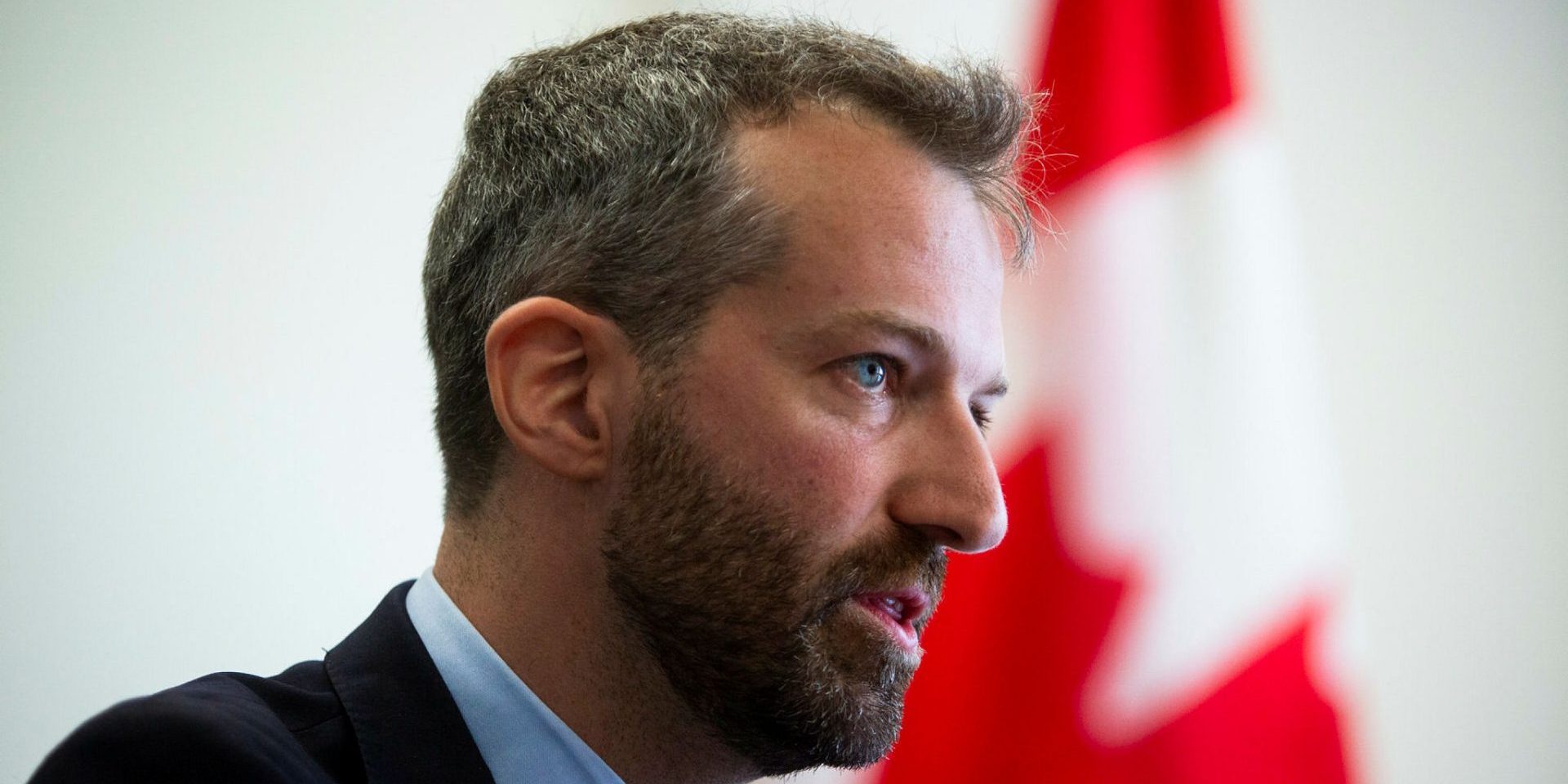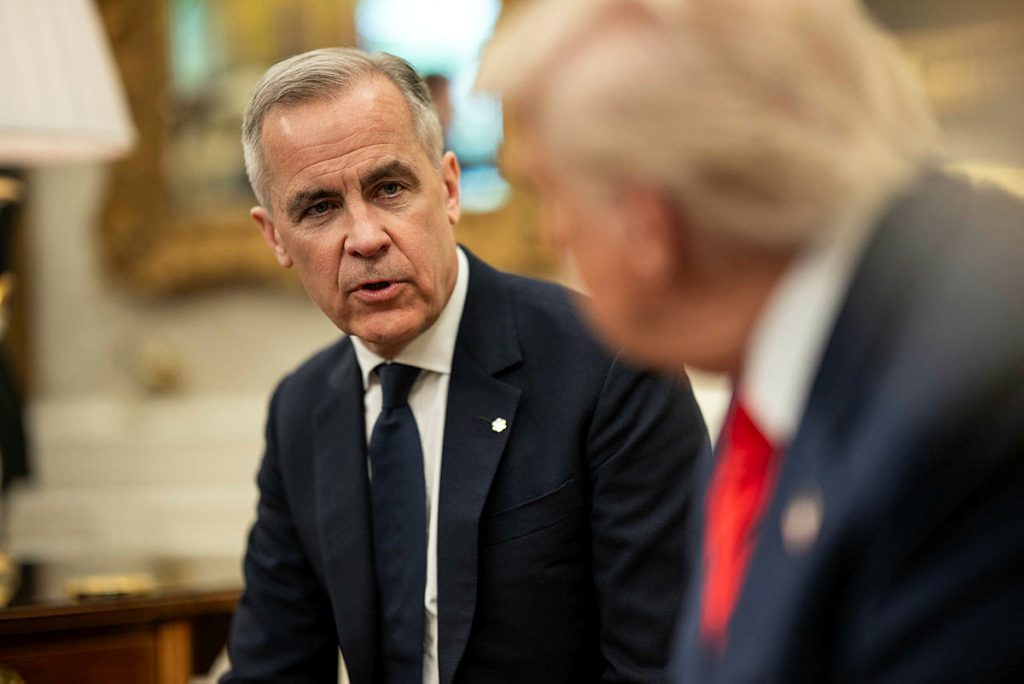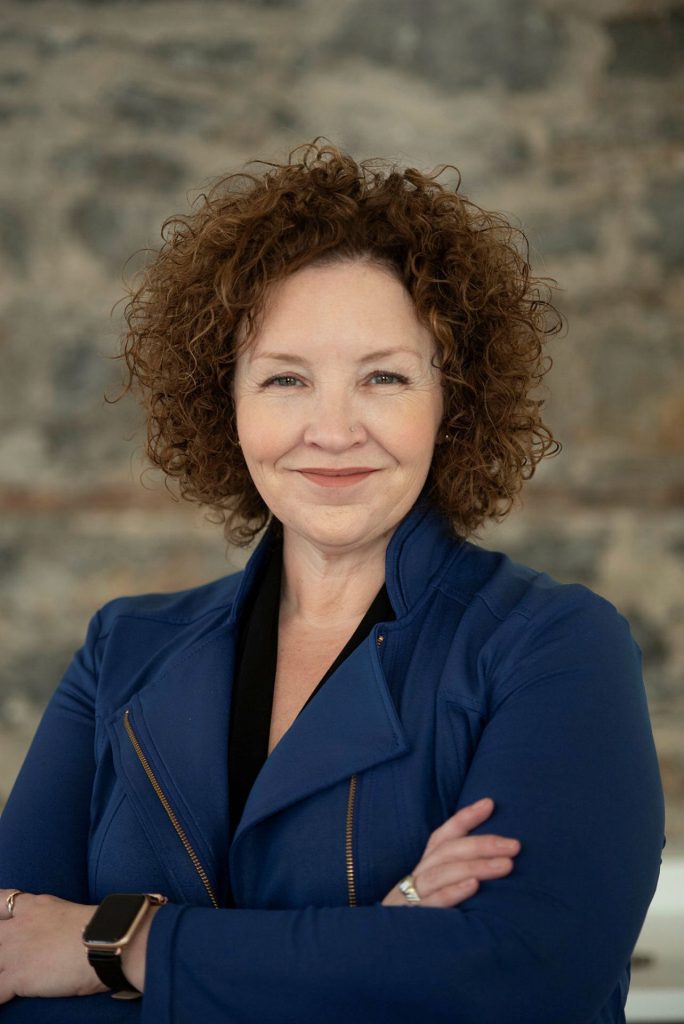Feds’ new ‘reciprocal procurement’ policy to limit foreign access to contracts amid U.S. trade tensions

The federal government has introduced a new procurement policy that limits foreign suppliers from bidding on federal contracts if their countries don’t have a trade deal with Canada, or if they have rules preventing Canadians from participating in their procurement. According to observers, this “measured” policy move could help Ottawa “pivot” to protect itself from the potential impacts of trade tensions with the United States.
Public Services and Procurement Canada’s new Interim Policy on Reciprocal Procurement went into effect on July 14. Government Transformation, Public Works and Procurement Minister Joël Lightbound (Louis-Hebert, Que.) said in a news release that the new policy “will help leverage our purchasing power to support Canadian businesses and workers impacted by unjustified American tariffs,” and that the government “will not compromise when it comes to ensuring fair market access for Canadian industry.”
The move comes following U.S. President Donald Trump’s July 10 announcement that his country will impose 35-per-cent tariffs on Canadian goods starting Aug. 1, up from the previously threatened 25-per-cent level.
Under the new policy, if a supplier is from a country with no procurement trade obligations to Canada, it will no longer have access to our federal procurement market. It also allows this country to restrict foreign suppliers from bidding on federal contracts if their nations have procurement rules that similarly restrict Canadian access.
According to the new rules, suppliers from countries that have a trade agreement with Canada which includes government procurement will continue to have access to the our federal procurement market—but only to the extent allowed by the specific terms of that deal.

According to Liberal strategist Geoff Turner, vice-president of Bluesky Strategy Group, the new policy is in line with the new government’s agenda, and reflects its shifting position on the world stage.
“The previous arrangement for procurement in Canada was open by default, where anybody could compete, subject to any international sanctions or other rules. Now, if you do not have a procurement agreement through either a free trade agreement or other generalized agreement, you don’t get to play in Canada,” Turner said in a July 15 interview with The Hill Times.
“I think that’s just a testament to the changing world order. We are in a world where we need to look out for ourselves and those who are our good partners first.”

Turner argued that while the new policy could be taken as a political move in that regard, it could also help improve Canada’s procurement system by boosting competition.
“One of the things people criticize procurement systems routinely for is the constant drive toward lowest bidder or another, more value-driven—rather than benefit-driven—approach, which can be, how does it affect local businesses, how it strengthens our ties to partner nations we work openly with, and how it rewards suppliers that play by the rules.”
New policy can help feds ‘pivot’ to reliable suppliers should tensions with U.S. escalate, say observers
The new policy will be implemented two phases, with the first focusing on applying the changes based on the location of suppliers.
The second phase—to be introduced at a later date—will include determining supplier eligibility based on the origin of goods and services being offered.
According to Public Services and Procurement Canada, the policy will apply to all non-defence procurements worth more than $10,000, and will not affect contracts and solicitations posted before July 14.

Kelly Hutchinson, a digital government and procurement strategist at Ottawa’s Compass Rose Group, told The Hill Times in a June 15 interview that the new policy comes at a time of “massive evolutionary shift in government” with the public paying a lot more attention to how its machinery works, procures, and harnesses innovation. This, coupled with the escalating trade war with the U.S., is becoming a driver for the government to implement policies that will greater economic growth, she said.
Hutchinson said she expects to see the policy evolve over the next several months to a year based on what trade agreements with our allies are going to look like, and it would allow the government to position itself accordingly.
“I see a very clear tone from a reciprocal procurement perspective. Because our trade agreements are being looked at in a new light, with the dawn of the steel and aluminum tariffs, if there was anything that was to ever change with our trade agreements, the government is in a position—procurement-wise—to pivot. That’s very important,” Hutchinson said.
As for the industry’s response to the news, Hutchinson said the lack of clarity in the policy announcement created uncertainty, and suppliers and procurement specialists are trying to understand what the new changes will mean for them.
“We’re in the early days of ‘what is the definition of sovereignty?’ ‘What is the definition of a Canadian company?’ and ‘How will reciprocal procurement be applied in various procurements?’” Hutchinson said.
Marcia Mills, a partner at Fasken National Security Group who specializes in government contracts, defined the policy move as a “measured approach” that aligns with Prime Minister Mark Carney’s (Nepean, Ont.) overall style.
“That’s what this first part of the policy is giving us, which is, we’re taking a moment, we’re going to look at who we have trade agreements with and what they say, and what kind of reciprocity we have for access to government procurement, and then we’re going to respond,” she said in a July 15 interview.
Mills explained that outside of trade agreements, public sector entities aren’t required to leave open their procurement to any bidders if they don’t have a trade deal with their country. For example, in defence procurement, it’s common to limit bidders to NATO countries, she explained.
“This first step feels like a toe in the water, nothing too radical.”
According to Mills, the second phase of the policy is going to be “where the rubber hits the road” as there are neither timelines for execution nor clarity around how the government defines a Canadian bidder, or the origin of goods and services.
“How do they monitor and manage that? How do they assess that during procurement?” she asked, adding that it’s not clear from the announcement whether the government will employ an honour system where companies self declare that all of their goods are from trading partners, or if there will be a complex verification process.

The policy defines a “Canadian supplier” as one “that has a place of business in Canada where it conducts activities on a permanent basis that is clearly identified by name and accessible during normal business hours; or a joint venture where each member of the joint venture has a place of business in Canada where it conducts activities on a permanent basis that is clearly identified by name and accessible during normal business hours.”
Citing an example of a supply arrangement where more than 100 companies could bid, Mills questioned how the government would validate if all those firms meet the new physical office rule.
“Are they going to look everybody up on Google Maps to make sure they’re not working out of a house?” she asked.
Mills said the vague definitions in the policy risk excluding some Canadian suppliers from federal procurement opportunities, and disregard social procurement policies.
Small companies who have a unique talent or product, but no physical office in Canada could be negatively affected by the changes, Mills explained. The new definitions might mean small businesses would lose the benefit of participating in bids alongside larger and established firms, which gives them experience to allow them to complete later on their own, she said.
“That’s where I’ve got a concern about implementation, and I hope Canada revisits that definition and provides space for small, disadvantaged businesses to still gain access to procurement opportunities,” she said.
ikoca@hilltimes.com
The Hill Times






 LICENSING
LICENSING PODCAST
PODCAST ALERTS
ALERTS













